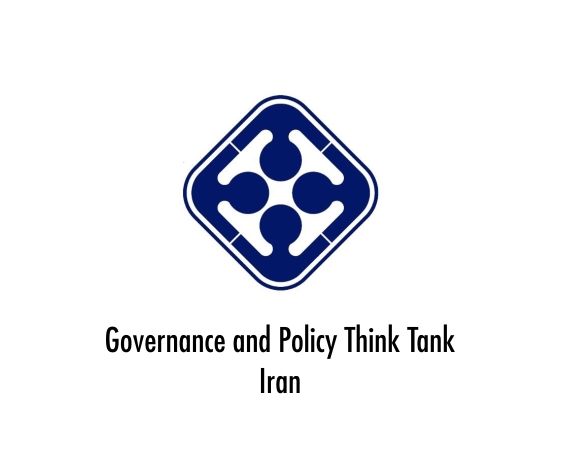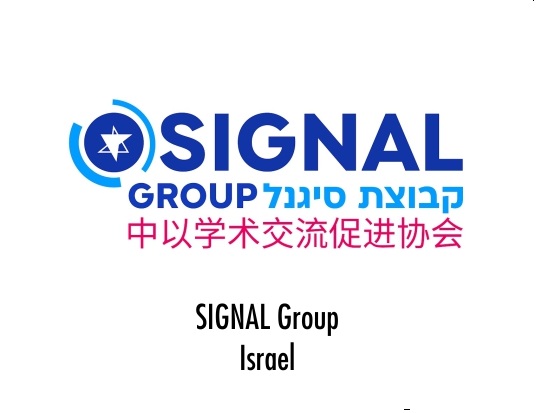
Home
Background:
The Indo-Pacific region has become a central feature of any discussion on international relations. Countries within and beyond the Indo-Pacific region have realised its strategic importance in global geopolitics. Working with like-minded countries, India and the United States have led efforts to shed historical hesitations and initiate a fresh discourse around the need for a free, open, and inclusive Indo-Pacific region.
As the governments of these countries navigate closer cooperation on security, strategic, and economic issues, non-governmental stakeholders should be included in the discourse. In particular, there is immense scope for positive collaboration among Civil Society Organisations (CSOs) to complement the efforts at the inter-governmental level towards greater synergy in the Indo-Pacific and act as a link between citizens and officials.
A coalition of CSOs in the Indo-Pacific region, connecting well-established CSOs across participating countries with each other, will serve as an important platform for such collaboration.
Objectives
Objectives:
1. An informal forum of CSOs in the Indo-Pacific will be established. This forum, called the Indo-Pacific Civil Society Forum (IPCSF), will be a Coalition of reputed CSOs (NGOs, think-tanks, etc.), which will work with government organisations towards realising a shared vision of peace, security, stability and prosperity in the Indo-Pacific region.
2. The Forum will be an informal networking platform where experiences can be exchanged and developments in the Indo-Pacific region discussed. There will be a focus on sharing of views, exchange of ideas and incorporating them in our respective operations.
4. The underlying basis of our engagement will be a recognition that the Indo-Pacific region requires a vibrant civil society network, which can enhance democratic norms and values.
3. The Forum participants will primarily deliberate on how we can collectively improve our engagement with policy-making on Indo-Pacific issues at the national and international levels, and how we can collectively take the grassroot along with the bigger body.
4. The underlying basis of our engagement will be a recognition that the Indo-Pacific region requires a vibrant civil society network, which can enhance democratic norms and values.
5. The ultimate objective will be to make the Forum a platform for advocacy on important issues common to the Indo-Pacific region and to our areas of work. The aim will be to make the Forum a catalyst for change in the region.
Expected Outcomes:
1. The Indo-Pacific Civil Society Forum will help institutionalise the sharing of lessons and experiences gained by CSOs working with ground-level challenges in individual countries of the region. Thus, this Forum will be a strong link between the citizens at the grassroots, opinion-makers and policymakers at national levels, and policymakers at the international stage, spread all across the vast geography of the Indo-Pacific. This will help bridging macro-micro information and policy gaps.
2. There is currently no platform for effective engagement between CSOs actively working in the Indo-Pacific region. The Indo-Pacific Civil Society Forum will, thus, be an ideal informal platform for constructive collaboration to jointly contribute towards a shared vision of a peaceful, stable, secure and prosperous region. Such a coalition has the potential to bring about transformative changes in the region, which will have an enduring impact on people’s lives. This would have far-reaching implications for improving relations between the people, societies and governments of the Indo-Pacific.
Rationale
Rationale for an Indo-Pacific Civil Society Forum:
1. The Indo-Pacific Civil Society Forum will herald in a new era of regional cooperation, unconstrained by the historical baggage of North-South divisions. As important participants in international diplomacy, a robust civil society including think-tank network can influence rule-shaping both from the inside and outside. A coalition of trans-national CSOs, working collaboratively towards a shared vision of the Indo-Pacific, will have significantly greater influence and impact collectively than individually.
2. The future of the Indo-Pacific region as a global strategic and commercial hub will be founded on regional stakeholders joining forces with each other as a coalition of democracies. A forum of CSOs from like-minded countries will be an important pillar to strengthen democratic values in the region. As key stakeholders in participatory democracy, CSOs are a bridge between citizens and the State. A civil society network in the Indo-Pacific will lead to enhanced trust and confidence-building among the CSOs working in the region, which will, in turn, build greater people-to-people ties across the Indo-Pacific. These efforts will contribute to closer ties and elevate trust levels between the governments of the Indo-Pacific region.
3. CSOs have deep and impactful relations with the societies in which they operate. The foundation of any well-informed society lies at its grassroots. CSOs play an integral role in generating issue-based awareness in societies, bottom-up from the grassroots. They have also traditionally played a very important role in capacity-building programmes in their areas of operation. A civil society coalition operating across the Indo-Pacific can play a pivotal role in promoting awareness of major challenges facing the Indo-Pacific region.
4. The indicative areas of capacity-building and awareness programmes, inter alia, can be sustainable and inclusive development, the prospects and challenges in the digital economy, and post-pandemic recovery. Issues like climate change, economic democracy, consumers’ rights, gender equality and media freedom will be other avenues for cooperation. Such efforts would be instrumental in promoting a better understanding of contemporary issues in these societies as well as highlighting the need for trans-national cooperation among the Indo-Pacific countries to find relevant, collective solutions.
Outputs
E-booklet
1.E-booklet : The Future of G20 and AfricaDiscussion Paper
1.Discussion Paper-1 : The Essentialness of Civil Society Organisations in the Indo-Pacific Region2.Discussion Paper-2 : Forging a secure Indo-Pacific: The Strategic Imperative of Australia-India MSMEs Collaboration in defence
Briefing Paper
1.Briefing Paper-1 : India’s Indo-Pacific Strategy Strengthening Partnerships and Navigating Challenges2.Briefing Paper-2 : Navigating The Indo-Pacific The EU’s Strategic Outlook
Quaterly Newsletter
1. Quarterly News Letter Issue #01, April-June, 20222. Quarterly News Letter Issue #02, July-September, 2022
3. Quarterly News Letter Issue #03, October-December, 2022
4. Quarterly News Letter Issue #04, January-March, 2023
5. Quarterly News Letter Issue #05, April-June, 2023
6. Quarterly News Letter Issue #06, July-September, 2023
7. Quarterly News Letter Issue #07, October-December, 2023
8. Quarterly News Letter Issue #08, January-March, 2024
9. Quarterly News Letter Issue #09, April-June, 2024
10. Quarterly News Letter Issue #10, July-September, 2024
11. Quarterly News Letter Issue #11, October-December, 2024
12. Quarterly News Letter Issue #12, January-March, 2025
13. Quarterly News Letter Issue #13, April-June, 2025
14. Quarterly News Letter Issue #14,July-September, 2025
15. Quarterly News Letter Issue #15, October-December, 2025
Events
-
From Connectivity to Security: EU's Vision for the Indo-Pacific
February 25, 2025 -
Trilateral Approaches to Indo-Pacific Stability
January 16, 2025 -
India's Indo-Pacific Strategy
December 12, 2024 -
Role of Civil Society Organisations in the Indo-Pacific
October 09, 2024 -
The Kaleidoscope of Geostrategic Powerplay Accessing India's Role in the Indian Ocean Region
July 24, 2024 -
Navigating Non-Traditional Security Challenges in the Indo-Pacific: Need for a United Approach
October 17, 2023 -
Launch Event: Indo-Pacific Civil Society Forum (IPCSF)
September 30, 2022
Media
- Civil Society role imperative in advancing inclusive development in Indo-Pacific region
The Economic Times, October 03, 2022







































